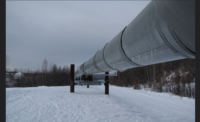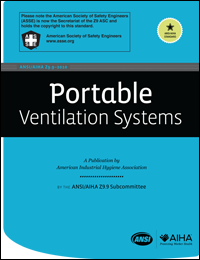 Oil and gas industry representatives meeting in London last month for the Partnership for Clean Fuels and Vehicles (PCFV) discussed way to shift from the phase out of leaded gasoline to low sulphur fuels and vehicles emissions standards.
Oil and gas industry representatives meeting in London last month for the Partnership for Clean Fuels and Vehicles (PCFV) discussed way to shift from the phase out of leaded gasoline to low sulphur fuels and vehicles emissions standards.
The PCFV agreed that the focus should be on supplying catalyst equipped vehicles into countries that have phased out leaded gasoline. Catalyst equipped vehicles emit 98% less NOx, CO, and hydrocarbon emissions than uncontrolled vehicles without catalysts.
The IPIECA (The global oil and gas industry association for environmental and social issues) says it will continue to be an active partner in the PCFV as it re-launches with a revitalised mandate following the successful phase-out of leaded petrol from over 100 countries.
The PCFV assists developing countries to reduce vehicular air pollution through the promotion of lead-free, low sulphur fuels and cleaner vehicle standards and technologies.
The Partnership aims to support developing countries in their efforts to improve fuel and vehicle technologies that reduce air pollution. The Partnership builds on current trends and efforts in the development of fuel and vehicle technologies. Constant improvements in these technologies have been introduced and diffused for decades.
The PCFV was launched at the World Summit on Sustainable Development in Johannesburg in 2002. There are more than 90 partners including governments, civil societies,international organisations and institutions of higher learning.



